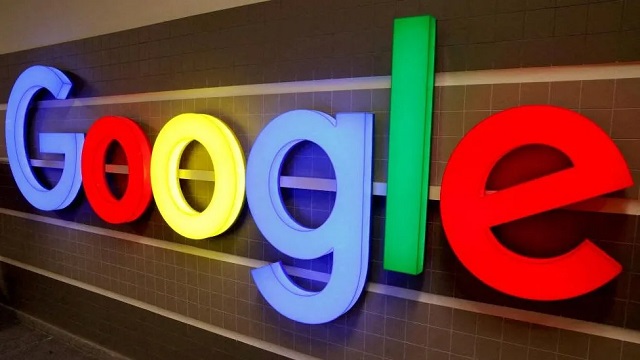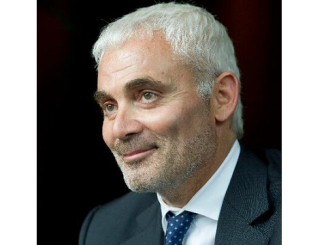
Google has reached a deal with Canada to avert a news blockade over a law that forces tech giants to pay for news content.
Google had vowed to remove links to news in Canada in response to the Online News Act, due to take effect on 19 December.
Social media giant Meta is already blocking news on its platforms as a result of the law.
The deal comes after months of talks between the search giant and Canada.
The law – which is aimed at Google and Meta, owner of Facebook and Instagram – requires tech firms to negotiate payment agreements with news outlets.
The agreement announced on Wednesday requires Google pay C$100m (£58m, $74m) annually, indexed to inflation, to news outlets.
An announcement by Canadian Heritage Minister Pascale St-Onge on Wednesday said the funding would be used “for a wide range of news businesses across the country, including independent news businesses and those from Indigenous and official-language minority communities”.
The statement said that Google would pay a “single collective” which would distribute the funds to eligible news agencies “based on the number of full-time equivalent journalists engaged by those businesses”.
“A sustainable news ecosystem is good for everyone,” Ms St-Onge said, adding that newsrooms closing and laying off workers means that “the health of the Canadian news industry has never been more at risk”.
Google released a statement saying it is “pleased that the Government of Canada has committed to addressing our core issues” with the bill.
“While we work with the government through the exemption process based on the regulations that will be published shortly, we will continue sending valuable traffic to Canadian publishers,” the company’s statement continued.
Canada’s Online News Act was met with outrage from the tech companies when it was passed this summer, while many media groups hailed it as a positive step towards market fairness.
Google had labelled the bill “unworkable” adding: “This unprecedented decision to put a price on links breaks the way the web and search engines work.”
Meta began restricting Canadian news content on Facebook and Instagram on 1 August. People trying to access news on those platforms see messages saying they can’t see the content in Canada, or can’t see any posts.
News organisations could have been expected to earn as much as C$329m ($248m; £196m) per year from digital platforms as a result of the law’s passage, according to one estimate.
The final figure of C$100m was reached following “extensive negotiations”, Google said.
“Google wanted certainty about the amount of compensation it would have to pay to Canadian news outlets,” Ms St Onge told reporters in Ottawa.
In 2021, Australian users were blocked from sharing or viewing news on Facebook in response to a similar law.
Australian lawmakers tweaked the law after Meta briefly blocked users in the country from sharing or viewing news on its platforms.
The blackout ended when the amendments were made, and Google and Meta have since negotiated more than 30 deals with Australian media companies.
Source: bbc.co.uk






Be the first to comment